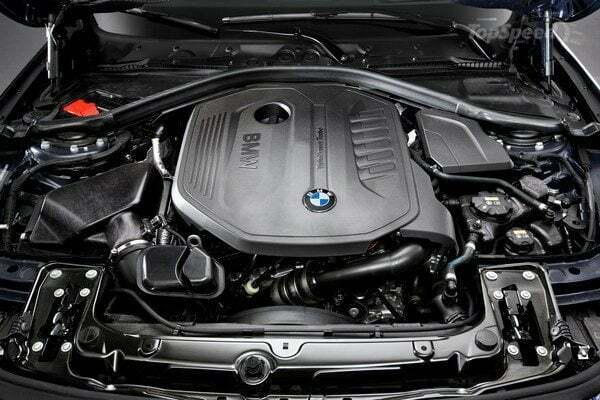On the Value of Being Smart

In my line of work it’s considered high praise to be considered "super smart".
Oh yeah, she’s super smart.
And it was the same growing up for me. There was always heavy focus on how intelligent someone was. Are they as smart as me? Are they smarter than you? Who’s smarter–this guy or that guy?
It’s kid stuff, but it’s kid stuff that doesn’t quite go away in adulthood–especially in certain industries.
Growing up
But as we enter the working world and establish lives off of the playground we begin to see something strange: the smartest people don’t necessarily do the best.
Or at least the people we thought as smartest. The math guy, the chess guy, the spelling bee champion–whatever.
When you’re young you just assume those are going to be the most successful people in your group.
Evolution
In adult life the question starts to change, and I think it changes based on one’s value system. But one thing that doesn’t change is the abandoning of intelligence as the supreme metric.
For some the game becomes:
How successful of a family can I raise?
The highest intelligence doesn’t necessarily get you the best result there. It helps, but it’s not as important as having a successful, happy family.
Someone else might ask:
How much can I improve education for girls in Somalia?
This requires some intelligence, but mostly hinges on having a great heart and tons of determination.
My particular brand of value is producing output that is intellectually or philosophically useful in some way–particularly in creating or clarifying ideas that can be used as levers to solve problems. Most importantly the big problem of how best to live.
The catch all, however, is the creation of value.
So I’d say that the adult version of "he’s hella smart" is (or I’d say should be) that "he creates tons of value".
The race car analogy
So here’s an analogy that I thought of this morning as I was waking up.
Smarts, or intelligence, is the race car engine. Tricked out, souped up, mean as hell, 24 cylinders, 7500 horsepower. Whatever.
But it’s sitting in the lab.
It’s not hooked up to a chassis. It’s got no steering. It’s got no suspension. There’s no transmission. And it has no brakes.
That’s smarts when we were kids.
Holy crap look at that engine! I bet he can beat anyone on the track! He’d leave everyone in the dust!
Etc, etc.
But now we’re all grown up, and it’s time to be effective in the real world. And that means going around the track.
And it’s not one of those left turn tracks either. It’s got straightaways, and left turns, and right turns, and obstacles. Maybe gun turrets too. That’d be cool.
Anyway.
The value you can produce is no longer the noise you can make, or the stats you can put up, in the lab.
It’s about getting around the track. Effectively and often. It’s about output.
The important part here is that you can’t do these without the following:
A transmission (education and experience) that lets you use the engine effectively
A suspension and steering system (a moral compass) that lets you guide the vehicle
Brakes (emotional stability) that let you reach higher speeds safely
The vehicle is a system, and the engine is only one part of it.
So when I hear that someone is smart, or hella smart, or this person is way smarter than that person, my question is simple:
What have they done?
Have they put that engine into a vehicle, or are they still in the shop talking about how fast they’ll be?
And this isn’t a lunge at people who are smart, or who are smarter than others. I also take pride in being pretty smart, and that’s kind of the point—it’s a reminder to myself as well.
There’s no value in being smart by itself. Produce or it means nothing. And judge yourself by the value you produce for others.